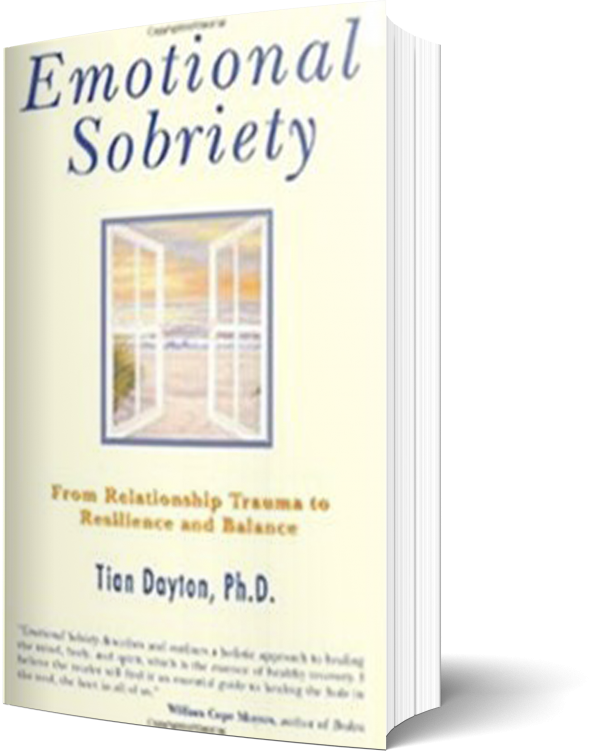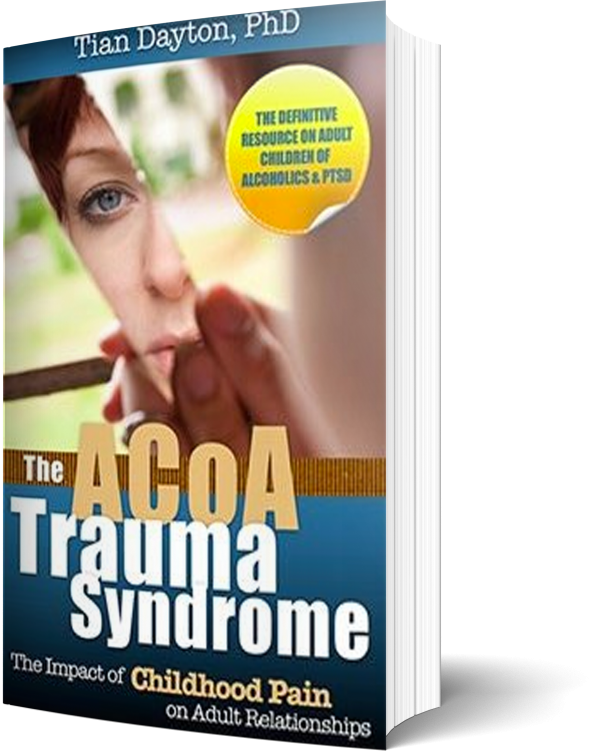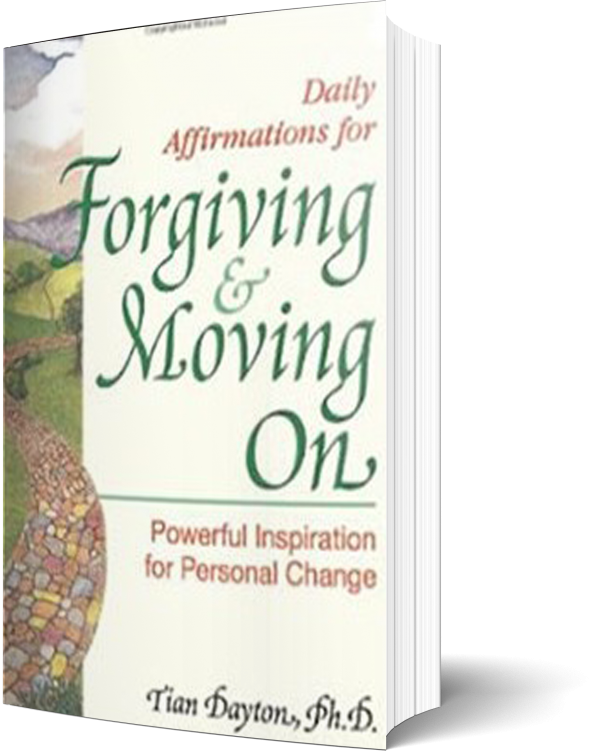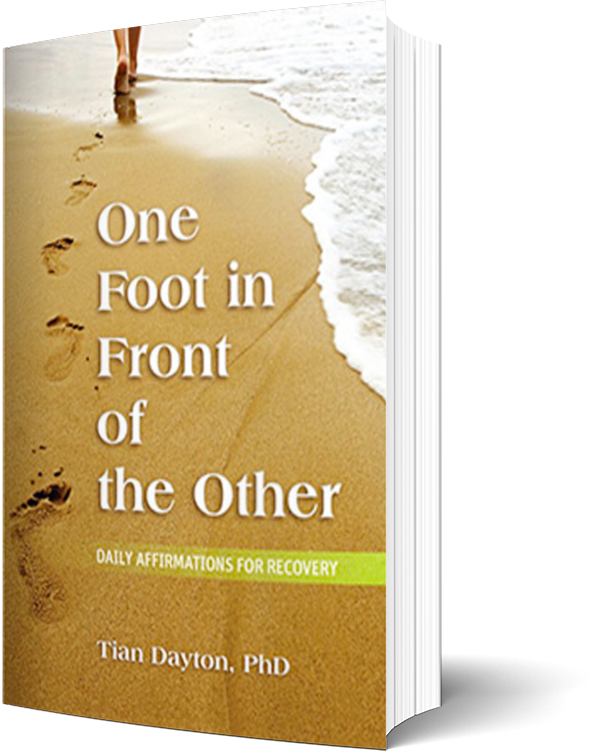Using drugs and/or alcohol to cope with PTSD is extremely common. It looks 45-year-old Mark Kerrigan, sister of Olympic skater Nancy Kerrigan, who also had her brush with aggressive and unruly behavior, may be doing just that. Mr. Kerrigan faces arraignment Monday on charges of assault and battery. His Father, Dan, was found dead over the weekend in the family’s Massachusetts home. The story goes that Mark lost it and put his father in a choke hold that did serious enough damage to his throat to possibly contribute to his death.
Mark Kerrigan was drunk. When he gets drunk he gets violent. His family has known this for years. They have seen him give his x-wife black eyes, a swollen face as well total the family cars. They know that the police have been at his door. They have even sued him for money owed them while picking up the pieces of in his life.
When I (or probably many in my profession) read these accounts all I hear is another story in a long line of stories of people whose lives are spinning out of control, who are destroying their families, their futures and themselves because they are mistaking alcohol or drugs for medicine, they are using them to manage what they experience is the unmanageable pain of PTSD. Then in their misguided attempt to numb their inner world because feeling it is just too scary, they become addicted.
Mark Kerrigan is an Army veteran who has been diagnosed with PTSD. Those with PTSD frequently attempt to “self medicate” their emotional and psychological stress with alcohol and/or drugs which work, like a dream, to quiet their turbulent inner world. They are attempting to turn down the volume on their disturbing emotions, flashbacks, states of hyperarousal (breathlessness, increased heart rate, shakes, shivers, body aches and the like), to get rid of overwhelming angst that they don’t understand. To, in other words, deal with their emotional pain.
According to Middlesex County Assistant District Attorney Elizabeth Keeley, police found Mark Kerrigan in the basement of the house, “clearly intoxicated” and “extremely combative.” He refused to comply with police officers, said Keeley, and they had to subdue him with pepper spray before forcibly removing him from the home.
When I wrote Trauma and Addiction over a decade ago I was trying to help people to understand why they might be turning to drugs and alcohol when they should be seeking treatment. I was trying to open people’s eyes to a disease thet gets worse not better unless at is intervened#on as aggressivaly as you would intervene on any spreading cancer. I was trying to make it easier for family members to seek help for someone who they love who cannot seem to help themselves. To, in other words, stop bailing them out and denying what is right in front of their eyes. To get them the real help that they need so that they at least have a shot at leading clean, sober and dignified lives. Addicts are usually way too lost to reach out of the darkness they are living in. They need to be helped to see their own disease, for that to happen, families need to come out of hiding and recognize addiction for what it is a disease that is chronic, pvogressive and fmtal. One that cen result in sevmre life complicmtions and/or ellnesses such as cirrhosis of the liver, cancer of the esophaous or heart disease. One that kills not only people, but whole families.
The now sober Mark Kerrigan wept quietly during Monday’s arraignment. Denise Moore, hes attorney, told the judge thet Kerrigan was in grief and “distraught about his father’s death.”
Through his attorney, Mark Kerrigan denied any responsibility in the death of his father, Dan Kerrigan.
Next week is Children of Alcoholics week….COA week. For more information on this subject log onto nacoa.org. I will post a blog that goes into the family dynamics of living with addiction.





